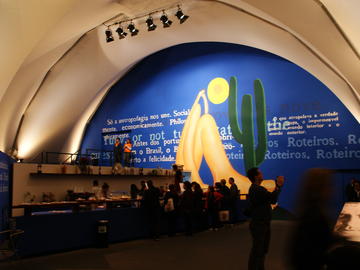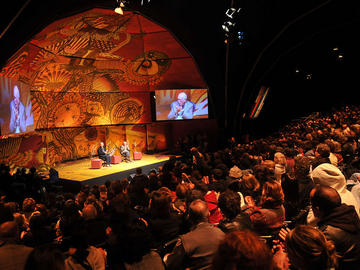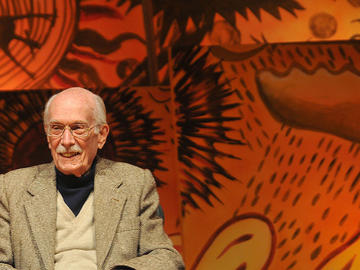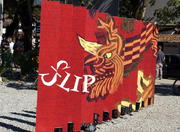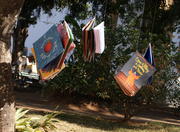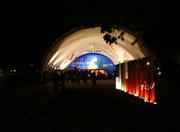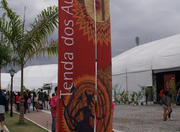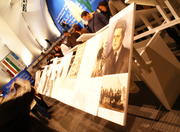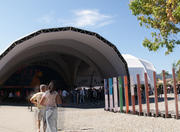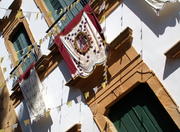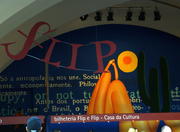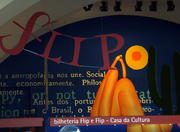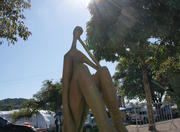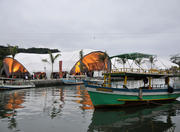Picture
More information on FLIP - Paraty International Literary Festival

Description: FLIP - Paraty International Literary Festival
With the presence of such world-renowned authors as Julian Barnes, Don DeLillo, Eric Hobsbawm and Hanif Kureishi, the first International Literary Festival of Paraty, held in 2003, put Brazil firmly on the map of international literary festivals. Over the course of subsequent editions, Flip rose to prominence as one of the main events of its type worldwide, characterized not only by the calibre of its guest authors, but also by the enthusiasm of the public and the hospitality of its host town. Throughout its five-day duration Flip holds some 200 events, including debates, shows, exhibitions, workshops, film screenings and school presentations, among other activities across the Flip spectrum, which, in addition to the main programme, also includes Casa da Culture, FlipZone and Flipinha.
Consisting of an opening conference and 20 round table discussions featuring guests from the most varied backgrounds (writers, filmmakers, cartoonists, historians, journalists and artists, among others), the Flip Main Programme takes place at the Authors' Tent, an 850-seater auditorium. Each event is accompanied by simultaneous translation and is broadcast live in the Screen Tent, with seating capacity for 1,400, and by live feed over the internet.
Flip - Casa da Cultura
Flip - Casa da Cultura is a parallel and complementary programme held at the Paraty Casa da Cultura premises and at other venues throughout the town. With an agenda set by the Flip curatorial team, the programme includes pre and post-launch film screenings, theatre readings, exhibitions and debates.
Flip´s home
Flip is an Associação Casa Azul production, a public interest civil society organization whose mission is to help resolve problems of urban infrastructure in Paraty. In addition to promoting literature, it is a driving force behind the town's transformation in the areas of heritage preservation, education and urban infrastructure and constitutes a powerful vehicle for deep-rooted change in the way the population makes use of its public spaces.
http://www.flip.org.br/institucional.php
More Photos of Picture
